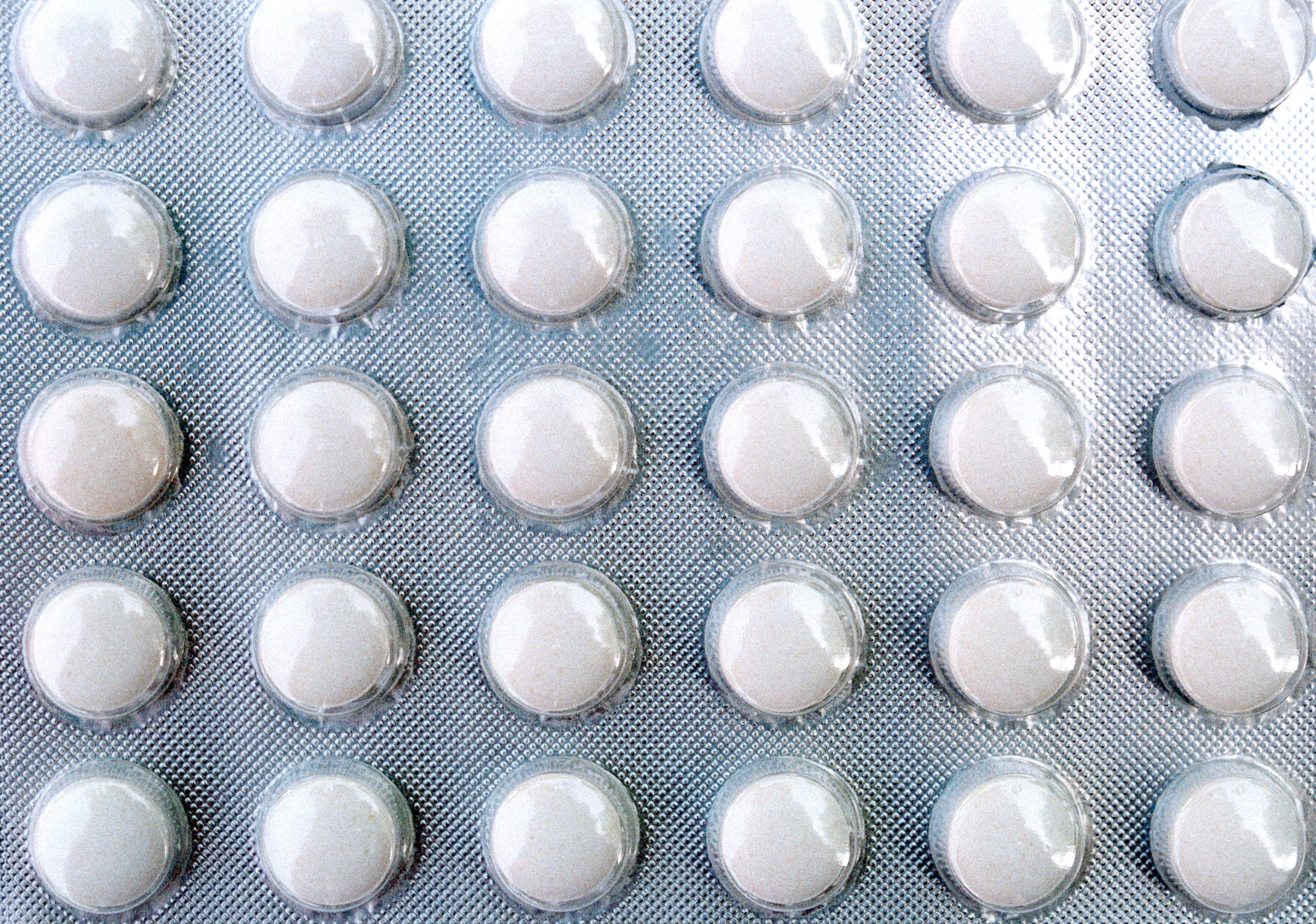Women with four or more children or on HRT at higher risk of developing rheumatoid arthritis
Women are three times more likely to develop the autoimmune disease which causes pain, swelling and stiffness in joints

Your support helps us to tell the story
From reproductive rights to climate change to Big Tech, The Independent is on the ground when the story is developing. Whether it's investigating the financials of Elon Musk's pro-Trump PAC or producing our latest documentary, 'The A Word', which shines a light on the American women fighting for reproductive rights, we know how important it is to parse out the facts from the messaging.
At such a critical moment in US history, we need reporters on the ground. Your donation allows us to keep sending journalists to speak to both sides of the story.
The Independent is trusted by Americans across the entire political spectrum. And unlike many other quality news outlets, we choose not to lock Americans out of our reporting and analysis with paywalls. We believe quality journalism should be available to everyone, paid for by those who can afford it.
Your support makes all the difference.Women on HRT or with four or more children are more likely to develop rheumatoid arthritis (RA), a study has found.
Using an analysis of almost 250,000 women in Britain, researchers from Anhui Medical University in Hefei, China also suggested that several other hormonal factors such as having a hysterectomy and early menopause can increase the chance of developing the condition.
RAis a condition that affects around 400,000 adults in the UK and causes pain, swelling and stiffness in joints. It is an autoimmune condition that usually manifests with inflammation in the patient’s joints.
RA is much more common in women than men. The World Health Organisation estimates that about 70 per cent of people living with RA are women, while experts at the Arthritis Foundation say they are three times more likely to develop the autoimmune disease.
It is widely thought that the increased risk may be because of the effects of the hormone oestrogen, although this link has not been proven, the NHS says.

Dr Benjamin Ellis, a consultant rheumatologist and senior clinical policy adviser at charity Versus Arthritis, said women are more likley to be impacted “for reasons we don’t fully understand”.
“One of the chromosomes that determines sex, the X chromosome, contains genes that control the immune system,” he added.
“Most women have two X chromosomes in each cell, and most men only have one. This may explain some of the differences in immune system diseases between men and women. Female hormones, particularly oestrogen, seem also to be important too in regulating the immune system – and this research highlights the impact of exposure to female hormones.”
The research, which is published in the medical journal RMD Open, also found that the disease is more likely to impact women than men.
The team analysed the health of 223,526 women from the UK Biobank over a period of 12 years, during which time 3,313, or 1.5 per cent, developed RA.
The results revealed that using HRT and going through early menopause – before the age of 45 – both led to a staggering 46 per cent increase in the risk of developing the disease.
Having a hysterectomy closely followed, increasing the risks by 40 per cent. Having four or more children saw an 18 per cent increase while starting menstruating after the age of 14 saw a 17 per cent increase.
Other factors such as the removal of one or both ovaries resulted in a 21 per cent increase, the research showed but there was no clear link to taking the contraceptive pill.
“In this study, we observed several hormonal and reproductive factors were associated with the risk of RA,” the researchers said. “When diagnosing and managing women with RA, hormonal and reproductive aspects should be carefully evaluated. In particular, women in later menarche or early menopause require additional attention.”
However, GP and menopause specialist Dr Louise Newson said the study “should not be a cause of concern for women who take body-identical hormones”.
“We have known for decades that our natural sex hormones oestradiol – the main type of oestrogen – and progesterone, which decline during menopause, are anti-inflammatory,” she explained.
“Women who go through an earlier menopause – that is, before the age of 45 – are without these natural hormones for longer and are therefore at greater risk of inflammation and autoimmune diseases, including rheumatoid arthritis.”
Dr Newson also highlighted that the study is observational and uses older data, meaning it is likely to include women prescribed older, synthetic types of HRT, rather than the natural, body-identical hormones that prescribed nowadays.
Dr Ellis added: “Any change in a risk of rheumatoid arthritis is unlikely to be a main factor in whether or not to take HRT, which is always an individual decision based on many different factors.”
Join our commenting forum
Join thought-provoking conversations, follow other Independent readers and see their replies
Comments